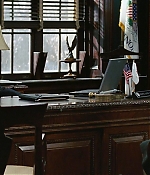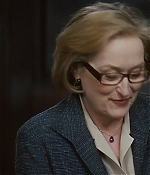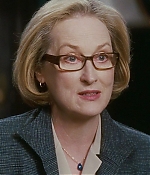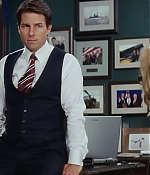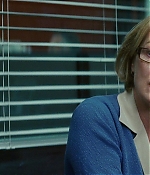
Lions for Lambs
November 9, 2007
· MGM
· 92 minutes
|
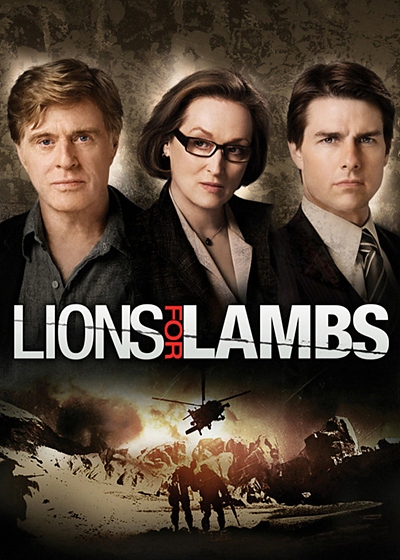
The inspiration for “Lions for Lambs” began when young screenwriter Matthew Michael Carnahan switched away from a harrowing television news story about Iraq to search for sports… and then wondered why. Why, in a time when so many people express concern over the direction of our nation, are we tempted to turn away? Why are we not looking at and talking about these things directly, passionately, with all the fervor and emotion that the ideas of freedom and hope for the future and idealistic sacrifice evoke? “It kind of hit me like a ton of bricks that here I was not paying attention to what is really happening in the world around me, not paying enough attention to my countrymen who are giving their lives, and how removed most of us are from the reality of what.s really going on behind the comfortable surfaces of our everyday lives. So I sat down and started writing about this idea of personal commitment – what it is, where it comes from, what it can do,” explains Carnahan. Robert Redford has always been drawn to emotional stories about the very fabric of American life, stories about common people engaged in and touched by the broader issues that face our youthful, democratic nation. It is this thread, which has been woven through the entirety of his diverse career – from screen star to director to champion of the independent filmmaking movement – that drew him to “Lions for Lambs”. Redford’s films have always centered around fundamental, even populist, American themes, largely because he has such strong feelings about the country he loves . and those are clearly on display in “Lions for Lambs”. “There was a melancholia in this story for me,” Redford says, “because how could you not be sad if you love this country and grew up with ideals about democracy and freedom of speech and you.ve seen that devastated?” But he also adds: “I would never want to do something that was abject propaganda. There are a lot of different points of view and you have to respect all of them. I wanted to let the audience have a democratic reaction to each of these stories.”
The final pull for Redford was the fact that Tom Cruise had already expressed interest in coming on board – not only to take the role of the slick yet impassioned Senator Irving but to make the film with his partner Paula Wagner, marking their first project in the renaissance of United Artists. “I don.t think the film would have been made were it not for Tom,” says Redford. “The idea of Tom playing a Senator was so different and intriguing, it really got me interested. Then I called Meryl and said ‘I.m interested in this, how about you?’ and she said ‘If you do it, I’ll do it’ and that’s how it came together so quickly.” Indeed, when Streep read the script it did not yet have Redford’s imprimatur on it. Rather, it was the simple urgency of the subject matter that grabbed her and would not let go. “It.s a story about making the right choices, but it’s also a film about how easy it is not to make a choice at all,” she says. “It’s a film that says it doesn’t matter what you think or feel if you don’t do something about it, if you don’t stand up and jeopardize everything.”
The year 2007 was packed with war-critical films that had all one thing in common – their box-office failure. Much like “Rendition”, “Lions for Lambs” has an important story to tell, but has failed to reach an audience. Maybe it was a question of timing or the presence of too many war-related films in that particular year that have been responsible for not reaching a broader audience. in the case of “Lions for Lambs”, it’s also because the film focuses too much on its story, and leaves its characters with nothing to do. With Cruise, Redford and Streep – the biggest stars of their respective generations – you would except a film filled with powerhouse acting, which unfortunately doesn’t happen. This is mainly because the characters are not really interesting. The message of the film is its star, but none of the actors has much to do with the characters they’ve gotten. Tom Cruise, to my own surprise, is the one who does most of his character, probably because the Senator is the enemy at first sight and gets a chance to develop throughout the story. But both the journalist and the professor roles stay colorless. It’s like a dry narration of news articles, they serve the facts, but are missing the important scenes to give the characters an own life. In the end, “Lions for Lambs” teaches you a lession about the war in Iraq, but has failed to keep me interested throughout its running time.

